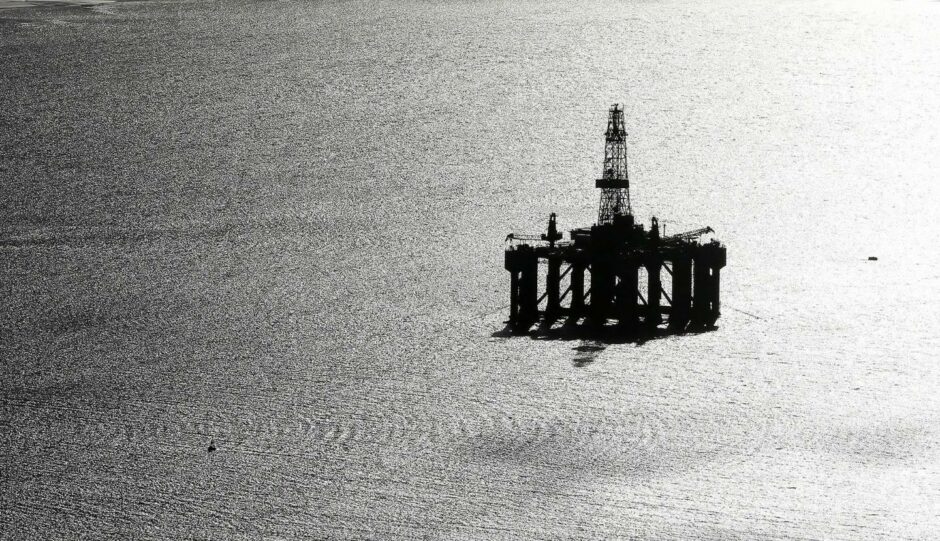
Equinor and Soliton Resources will drill an exploration prospect targeting up to 100 million barrels of oil equivalent in the UK North Sea.
The North Sea Transition Authority (NSTA) has granted the pair a “Phase C” licence, which commits them to drilling an exploration well at “Isolde” in the central sector.
Equinor holds 85% of Isolde, in licence P2390, after farming in with Soliton in 2019, and has committed to drilling the exploration well.
The pair expect the prospect to have similar resources to other analogous fields in the Central North Sea with a salt diapir flank trap geology, at up to 100 million barrels of oil equivalent.
A dozen such fields have been discovered in the region, Soliton said, some of which have been brought into production as tiebacks to the Shell Shearwater hub.
Speaking to Energy Voice, Soliton managing director Graham Goffey said timing of the well remains to be determined by the joint venture on this “promising, low risk target”.
Mr Goffey is a geoscientist by training, with a career spanning more than 35 years working across firms including Conoco, Lasmo, Paladin Resources and PA Resources.
Windfall tax
He founded Soliton in 2017, where he and family members are primary shareholders, and he is also the advocacy lead for the UK exploration task force industry group.
Discussing the state of exploration in the sector, and the impact of the government’s recently-imposed windfall tax, he said uncertainty is “anathema” to the industry.
“The basin is in flux; some of the super-majors have departed, following the utility companies, whilst some of the private equity-backed companies have less appetite for exploration and appraisal.
“People forget that in 2014-15 and 2020-21 the sector was on its knees with low commodity prices and recovery is always slow. Price recovery in 2021/22, especially for gas, is driving high profitability for those companies without cautious hedges in place.
“In the current situation, industry has to expect to contribute some of its profitability to solving the energy price crisis. However if the ‘problem’ as it were is excess profitability, the solution is not a rushed and under-consulted windfall tax (WFT) which creates uncertainty for a sector that invests for the long term. Elements of the detailed implementation of the WFT remain ambiguous to industry.”
Mr Goffey instead suggested a full consultation with industry, assessing how the levy can be used while ensuring returns for companies while meeting security of supply and decarbonisation targets, would be a better way of managing the sector.
“Uncertainty is anathema to the industry and capital is in short supply – partially due to the maturing basin, partly through focus on global supply reduction, partly due to local windfall-related uncertainty.”
Recommended for you

